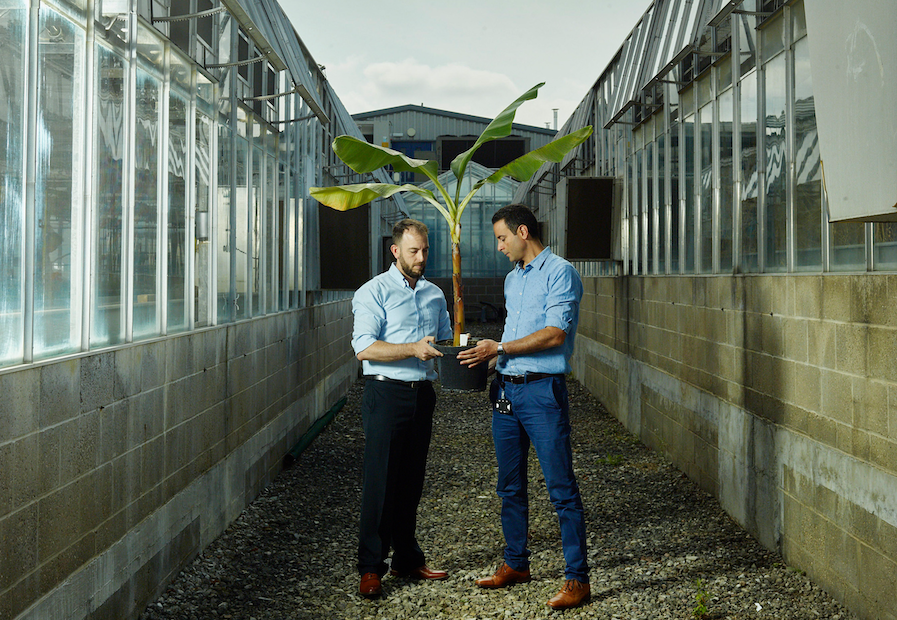UK ag gene-editing startup Tropic Biosciences has raised $35 million for its latest funding round, it announced today.
- Swiss impact investor Blue Horizon led the bridge round.
- ADQ, Bloom8 (previously Rage Capital), Skyviews Life Science, Sucden Ventures, and Tekfen Ventures also invested.
- Tropic Biosciences will use the capital to accelerate and expand its go-to-market plans.
- This latest round follows the startup’s $28.5 million Series B raise in June 2020, which was led by Temasek.
Tropic Biosciences is applying gene-editing techniques to “promote cultivation efficiencies, enhance consumer health, and improve sustainable environmental practices” in tropical agriculture. To start with, it’s focusing on creating high-performance varieties of three key tropical commodity crops: banana, coffee, and rice.
Co-founder and CEO Gilad Gershon tells AFN that the company is set apart from other gene-editing players by its laser focus on developing solutions for tropical regions, which are among the world’s leading ag producers – but also most affected by problems of poverty and climate change.
“Our vision and mission has always been on harnessing some of the most cutting-edge genetic technologies and innovation, but harnessing them for the crops and regions that need them the most,” he says.
Why it matters:
Tropic Biosciences believes that its initial focus on banana, coffee, and rice means that its technology’s “potential impact reaches more than half a billion people worldwide,” Gershon says. Combined, those three markets are worth over $400 billion, according to the startup.
- Banana is the world’s most-consumed fruit and is the fifth most important agricultural commodity in terms of global trade after cereals, sugar, coffee, and cocoa. Research suggests that bananas account for as much as three quarters of smallholders’ total monthly household income in several countries. Tropic Biosciences is devleoping novel varieties that are more resistant to black sigatoka disease and panama disease, which are devastating the global banana industry.
- Coffee is the world’s most-consumed beverage after water. An estimated 90% of the commodity is produced in developing economies, mainly in South America and Southeast Asia, typically by small and medium-sized farms.
- Rice accounts for roughly 25% of global calories consumption.





